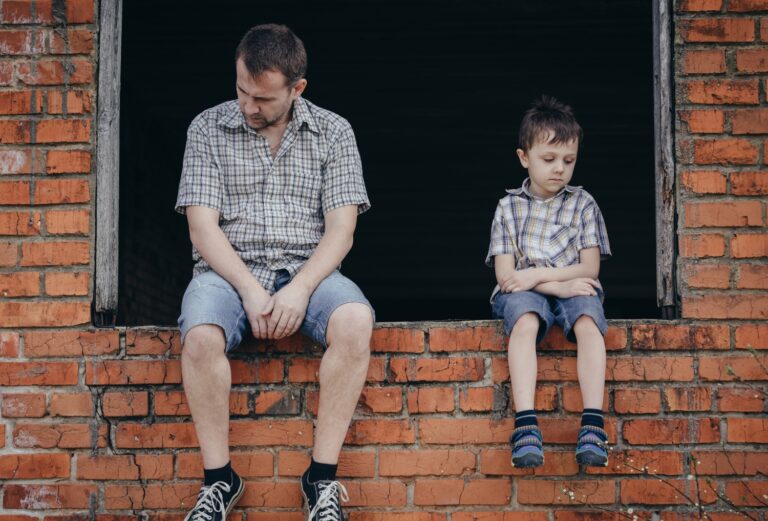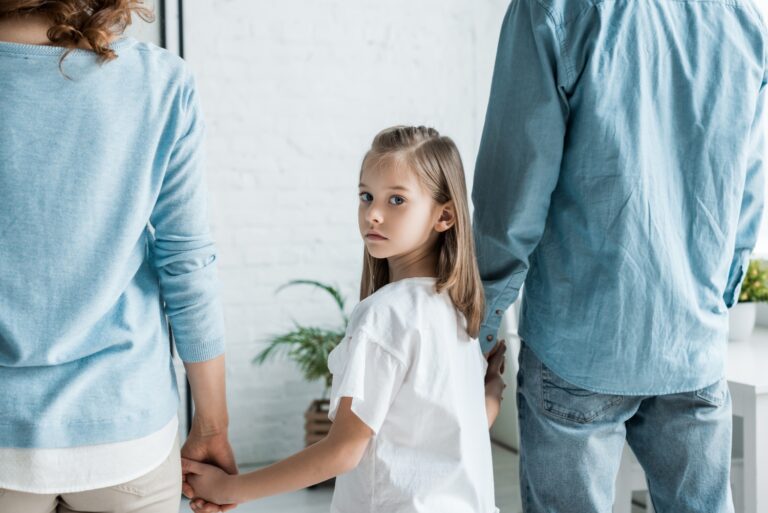
Supporting a Young Person Coping With Grief
Many young people experience grief before they reach adulthood. Grief isn’t a mental health condition; it’s a normal response to loss that most people will

Many young people experience grief before they reach adulthood. Grief isn’t a mental health condition; it’s a normal response to loss that most people will

Mental health concerns are common among young people living in Dubai and the rest of the UAE. Adolescents and young adults may experience a range of mental health disorders, including anxiety disorders, eating disorders, and depression. These conditions affect their well-being, quality of life, and future mental health.

IOPs provide opportunities for focused and comprehensive support that addresses the underlying causes of eating disorders. Young people in IOPs have the space and time to work through the multiple aspects of eating disorders, carefully navigating their complexities. Outside of sessions, they can practice and generalise skills they learn in their daily lives.

Over-exercise can harm the body and cause low mood, mood swings, anxiety, and fatigue. It can be an unhelpful coping mechanism that makes problems worse while avoiding confronting the real causes of emotional distress.

Social media has a big influence on most young people’s lives. Teenagers and young adults often spend several hours a day on social media, sharing information and photos, looking through other people’s posts, and communicating with comments and messages.

Adolescents and young adults with eating disorders also tend to perceive their own bodies as different to their ‘ideal’ body shape. These ideals are typically unrealistic and unhealthy for most people. In general, women idealise a small body and low body weight, while men may idealise a muscular and lean body shape.

Mental health disorders are common in Mexico. Around 40% of young people may have had a mental health disorder in the past year, affecting their

Eating disorders are often thought of as a type of ‘internalising problem’ that is rooted in difficult emotions and unhelpful coping mechanisms. They’re linked to feelings of low self-esteem, perfectionism, and interpersonal problems, traits that may be shaped by parents’ attitudes and behaviours.

Divorce and unhealthy parental relationships can have a profound effect on young people. They’re linked to emotional and behavioural mental health problems both during adolescence and young adulthood. This means that supporting parents undergoing conflict – and helping young people manage its consequences – should be a priority.
Have any questions or want to get started with the admissions process? Contact our friendly care team – they’ll be happy to answer any questions or concerns you might have and will walk you through how to prepare for your child’s stay at The Wave.










Have any questions or want to get started with the admissions process? Fill in the form below and we’ll get back to you as soon as possible.